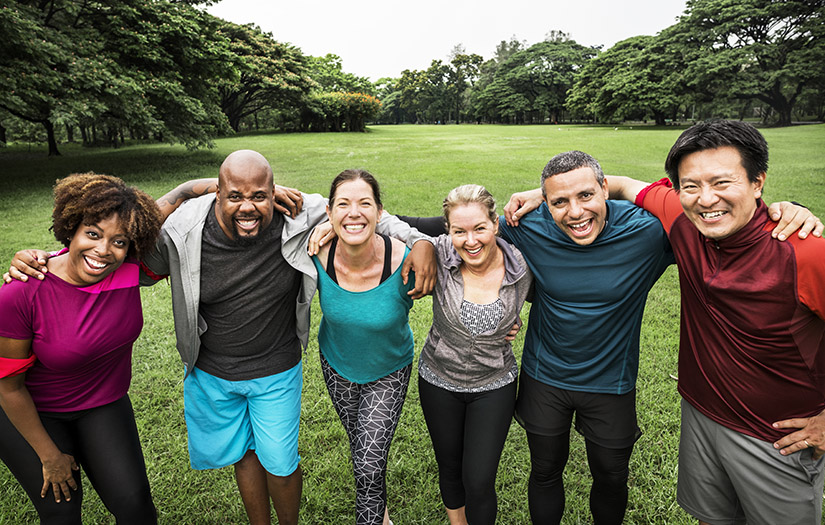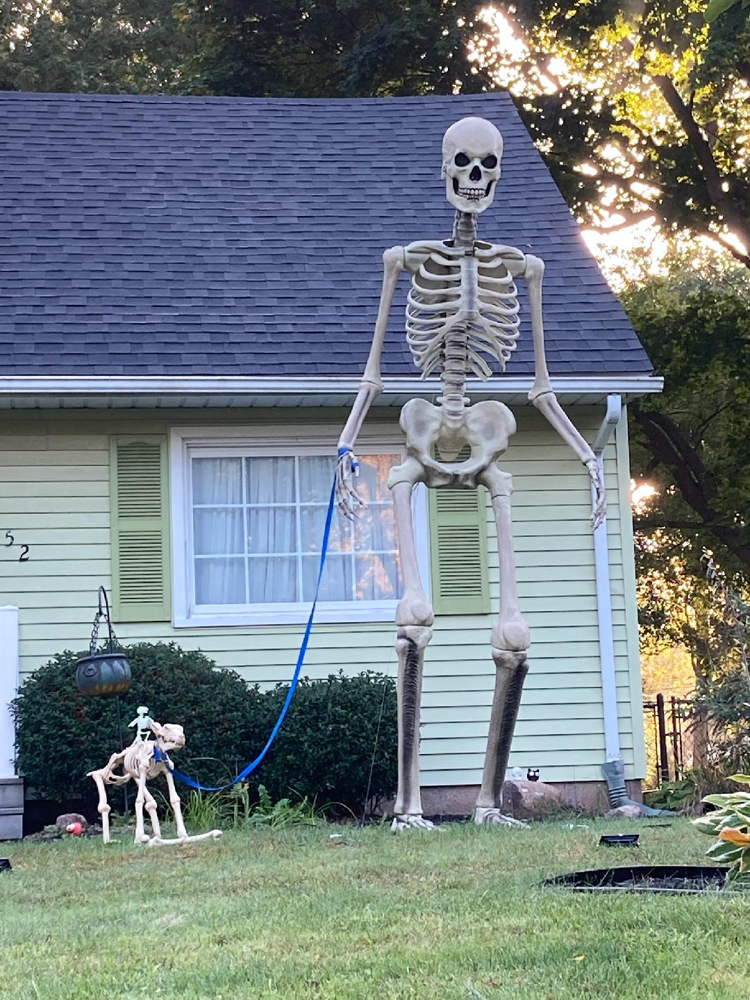Community survey illuminates different worlds for races in our community – and hope for better future

In the aftermath of one of the most terrible acts of hate in our region’s history, the Levine Center to End Hate’s recent Community Survey has found that in many ways people from different racial/ethnic backgrounds live in different worlds within the Greater Rochester area. These results complement recent studies of race in our community. However, the survey data also point to reasons for hope for a better future for all.
“This survey offers a new level of understanding of discrimination faced by many different groups,” said Karen Elam, Director of the Levine Center to End Hate. “This is important to understand so we can all work toward equity. I am also very encouraged by the fact that the polarization we hear so much about appears not to extend to some key actions that would help our entire community move forward in areas such as housing, education, and employment.”
Living in two different worlds.
Two key findings have been identified in the survey data. First, while most people report being aware that discrimination is an issue in our community, it is a theoretical concept for most Whites but a part of the lived experience for the majority of Blacks/African Americans and members of other subgroups. The study looked at attitudes, beliefs, and experiences of discrimination on the basis of race/ethnicity, religion, gender, sexual orientation, and disability. While each was seen as an issue by some respondents, the magnitude of the problem was greatest by far for discrimination based on race/ethnicity, with 83% of respondents acknowledging that a problem exists for people of color. Some key data from the survey:
•People inside the groups experiencing discrimination are much more likely to describe discrimination as a bigger problem than the general population, representing a large gap in perceptions or recognition of discrimination. 69% of Blacks/African Americans described discrimination based on race/ethnicity as a significant problem, while only 18% of Whites agreed. Men and Whites are viewed as having an advantage at getting ahead in the Rochester area, whereas Blacks/African Americans and Muslims are most likely to be seen as having disadvantages.
•Whites are unlikely to personally know or to have witnessed someone experiencing discrimination, yet 56% of Blacks/African Americans have witnessed acts of discrimination, most often at work or while shopping. Many residents from subgroups (race/ethnicity, religion, sexual orientation, gender, disability) have felt discriminated against, feel unsafe because of their background, and feel discrimination against them has increased in recent years. This illustrates the different worlds area residents inhabit.
The data was collected prior to the May 14 mass shooting in Buffalo. In light of that racially motivated attack, researchers analyzed the data to determine the degree of perception among Whites that they were being discriminated against. According to survey results, few Whites feel they are experiencing discrimination or disadvantage, and those who do feel that way recognize discrimination is on the rise for many groups. “While it is reassuring not to see results that might indicate a rise in feelings connected to white supremacy, the national trend is disturbing and undeniable, so we will be watching this data point very closely in the future,” Elam said.
Reasons for Hope.
The second finding this report highlights is the positive attitude of an overwhelming majority of respondents, encouraging hope for a better future for our community. The Greater Rochester area is seen as a welcoming place by 81% of area residents – a statistic that holds over many different demographic groups – due to what they see as its diversity and open-mindedness. Additional key findings include:
•A majority of all groups report having much in common with people who are different, and 73% of residents feel contributions of people from different races, ethnicities, religions, and sexual orientations make our community stronger.
•Not surprisingly, few respondents acknowledge they have taken part in acts of discrimination. Yet, many respondents say they have taken part in positive activities relating to diversity. There is support for affirmative action, public policies encouraging DEI (diversity, equity, and inclusion), improved housing policies, and new jobs programs. With more than 80% of local residents either supporting or open to these equity measures, it seems a vocal minority opposition may be preventing progress on these issues.
This report shows there is widespread acknowledgment that racial discrimination exists, so the Greater Rochester community’s challenge is not to raise awareness but rather to provide residents with tools and actions they can take to help address issues of discrimination in order to bring the community together.
Data detailing the perspectives and experiences of the surveyed subgroups will be included in a monthly series of releases beginning in July. These subgroups include people who are Black/African American, LGBTQ+, Jewish, and/or disabled. Data related to educational topics will also be released.
Survey content was developed by Causewave Community Partners and Crux Research in consultation with the Levine Center to End Hate. BRX Research assisted in data collection. The survey collected data from a representative sample of 843 community respondents from a nine-county Greater Rochester area. All respondents were aged 18 and over. Quotas were maintained by gender, age, and race/ethnicity. Respondents come from a variety of religious backgrounds and a range of educational backgrounds and household incomes. The data seek to be representative of adults living in the Greater Rochester area. Levine Center would like to note that the survey is still taking submissions on their website at endhateroc.org/survey to give everyone an opportunity to make their voices heard.
The full report can be found at endhateroc.org/
community-survey
Provided information



